“A postpartum body is the one we live in forever after we have our children, it’s the one we raise future generations with, and it should be cared for.” Writer, doula, educator and single mother ShiShi Rose works hard to advocate for her clients, and especially for those that come from marginalized groups. She shares her mission to “parent the parent” as a birthworker and to educate families on the many ups and downs of the parenting journey.
ShiShi, tell us about you:
I am a mom, a writer, and a full spectrum fertility, birth, and postpartum worker. I also run a consultation practice where I work virtually with new parents, their friends and extended family, medical staff, and birth workers to teach them about birth and postpartum, parental wellness, self advocacy, and how to give care to pregnant and postpartum folks.
Why is the work that you do so important for parents?
I work with all types of families, however my work centers around Black folks first and foremost - particularly those that are queer/trans, disabled, single parents, and low income - because in this country they are the ones needing the most uplifting. I work with a lot of queer families in general, and I’ve always tried to ensure that my work was inclusive of the fact that all different types of parents give birth and parent children, and they all need our support. My work also centers around education and teaching parents self advocacy so that they go into their fertility, birth, and postpartum journey knowing that they have the right to choose what happens to them and their babies. Finally, my work centers around postpartum healing, wellness, and mental health. I believe that even people who get abortions or miscarry still experience the postpartum stage. As a society, we do not care enough about humans after they are pregnant and have babies - and that needs to change. Those who face the most marginalization in society pertaining to race, gender, class and ability are also the people that lack the most access to postpartum support. A postpartum body is the one we live in forever after we have our children. It’s the one we raise future generations with, and it should be cared for. And that care will look different based on who that person is.

What helps you enjoy the journey - especially on the hard days?
Connecting with other parents that I know and trust helps me to get through the hard days. I know so many amazing parents and couldn’t do this without them. Leaning back on the education I have as a birth worker has prepared me more than anything else, and reminds me often to trust myself and trust what I know. Having that education has normalized a lot of experiences I’ve had as a mom that I think I would have freaked out about without that insight, and has gotten me through a lot of tough days where I doubted myself.
How does Matrescence’s Mission to “mother the mother” resonate with you as a mom?
This same terminology with inclusivity for all the parents I work with, “to parent the parent,” is how I try to function in my work with new parents. Teaching their loved ones how to show up and giving those new parents support and care that they need to grow in their parenting and heal from their births. New parents need to be held and loved and cared for just as much as their babies do.
What is your favorite part about motherhood? What is the most challenging?
My favorite part is watching my child grow and learn new things, have experiences outside of me, and remind me that I made a whole person that does not belong to me but is her own person. It pushes me daily to do better for her, show up, give my all, and it humbles me regularly to be reminded that I have both someone’s childhood and their future in my hands.
The most challenging part for me as a mom is the pandemic: I had my daughter less then two weeks before Covid “lockdown” began and I am immune compromised, so living in this ongoing pandemic with a new baby and then a toddler and working in hospitals which are often high risk spaces has been very trying. It’s not at all how I envisioned this process going. This has also been so difficult for my immune compromised clients, when they have had to give birth in spaces where the medical staff did not value everyone’s safety.
It’s very overwhelming having to exist with the same level of pandemic protection as a single mom that I’ve always had to keep me and my child safe while so much of the rest of the country and world returns to “normal.” I don’t want to return to normal - I want to exist in a country and a world that protects all parents, including disabled and immune compromised ones. Our normal has never done that before.

What is the best advice you received about parenting and who did you get it from?
A friend told me once that parenting advice should always come with the parents’ mental health in mind first, and should not be unsolicited. That has been a very helpful reminder for me. Advice and information about parenting should come with consent, and with the person giving the advice thinking about how the recipient might take or use that advice. It reminds me that when I need help or input I should use my voice and ask as opposed to being bombarded with information that reflects someone else’s experience and story, and may not be what I need.

the guide
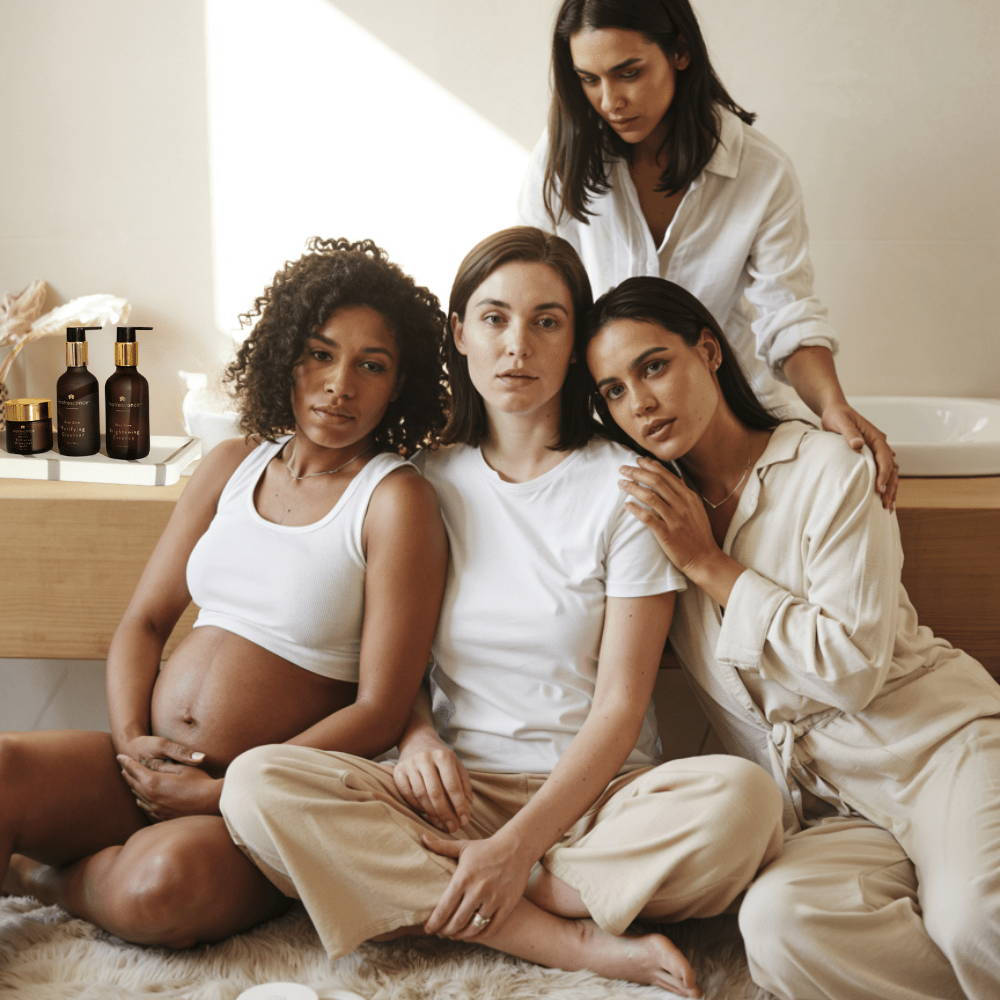
From PCOS to perimenopause, hormonal shifts happen at every life stage. Learn why hormone-safe skincare is a must—even if you’re not expecting.
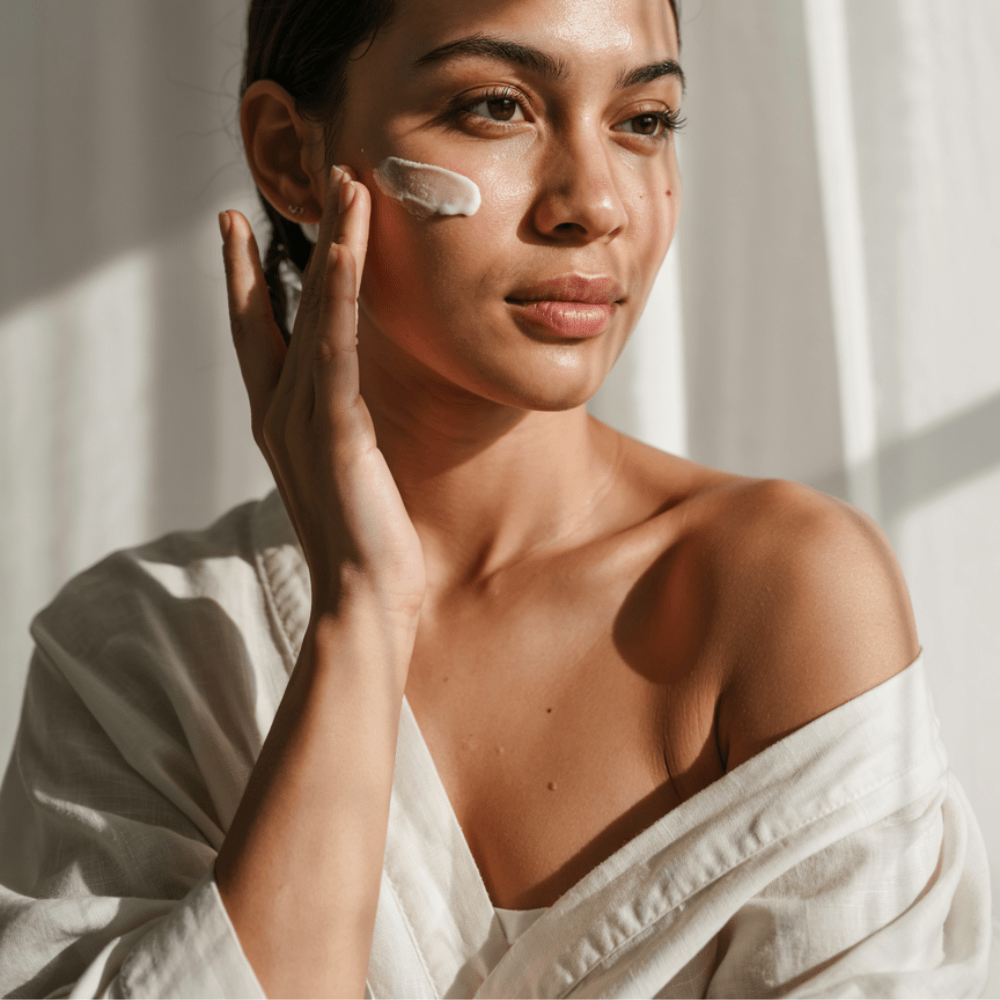
Whether you’re pregnant, postpartum, or perimenopausal, choosing the right ingredients makes all the difference. In this guide, we explain why endocrine disruptors matter, spotlight clean actives a...
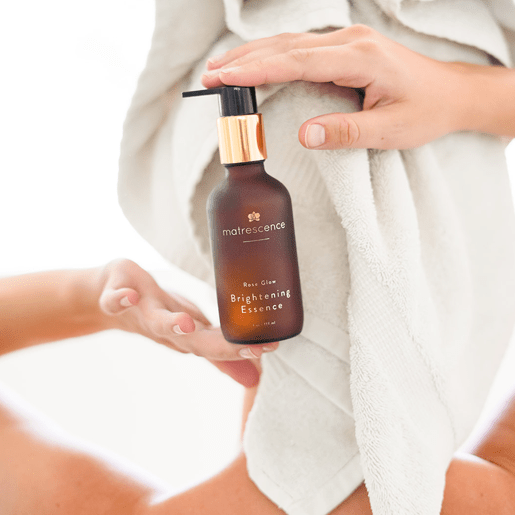
A deep-dive of our Brightening Essence. A dual-action toner and serum that gently exfoliates and hydrates to reveal a vibrant, more even complexion. Formulated for hormonally shifting skin, it help...

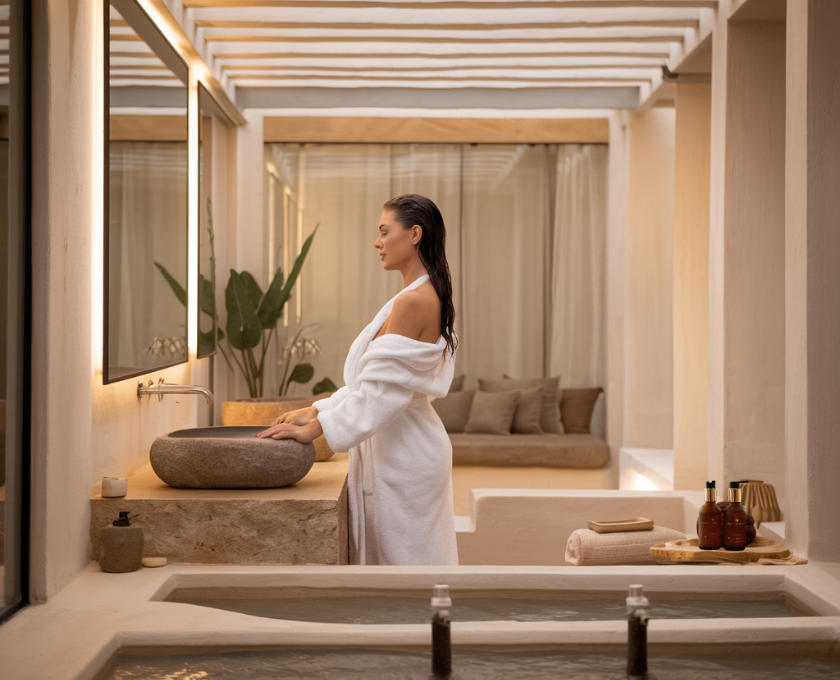

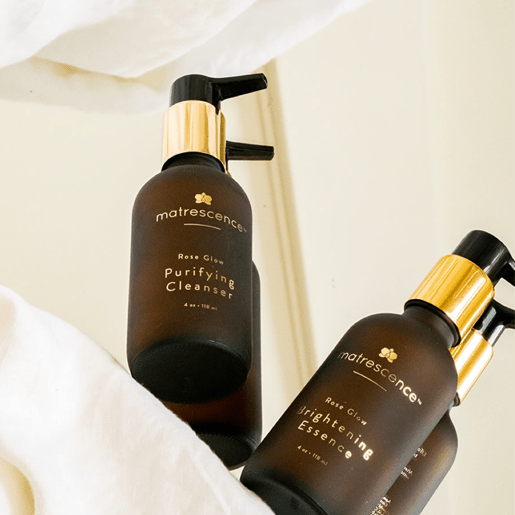

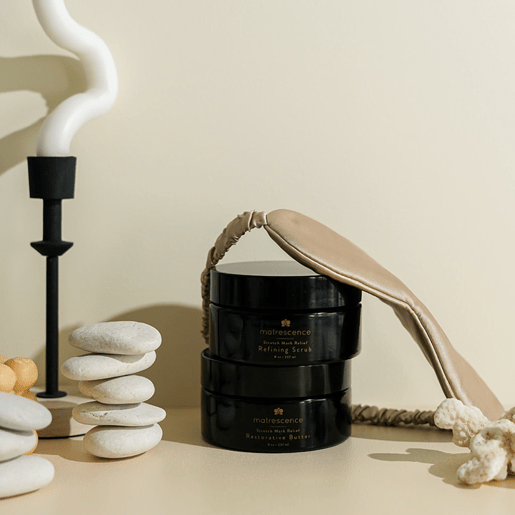
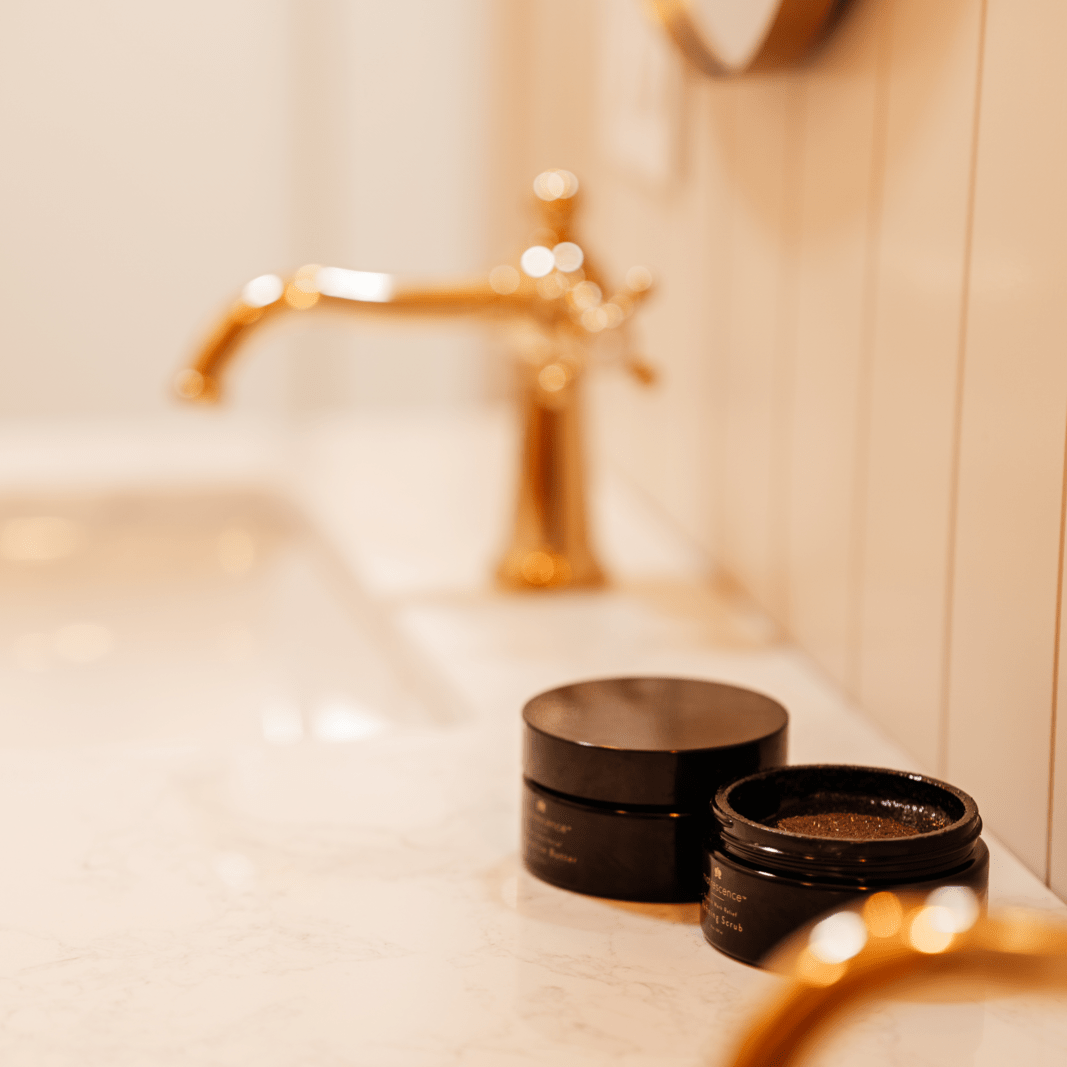
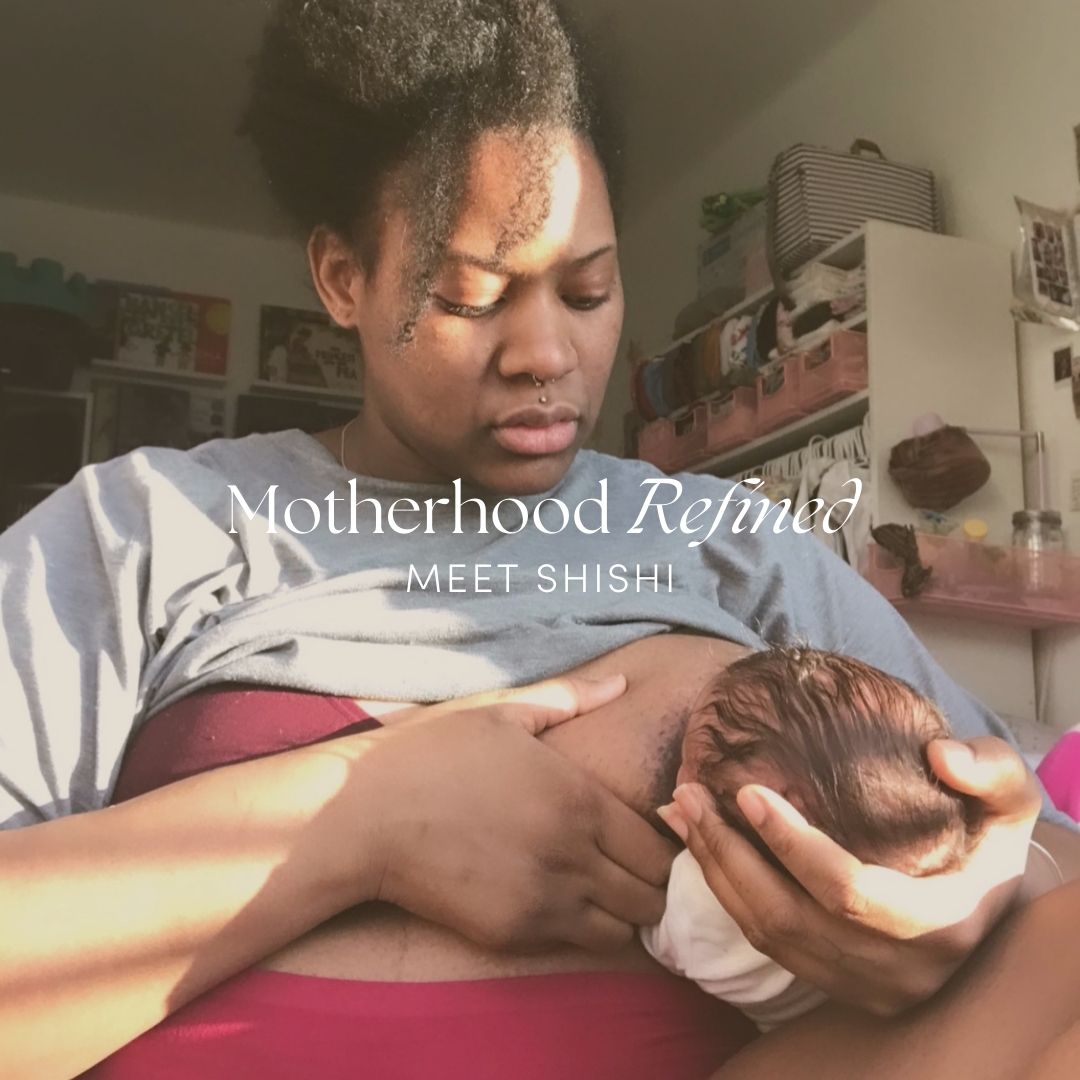
Leave a comment
All comments are moderated before being published.
This site is protected by hCaptcha and the hCaptcha Privacy Policy and Terms of Service apply.